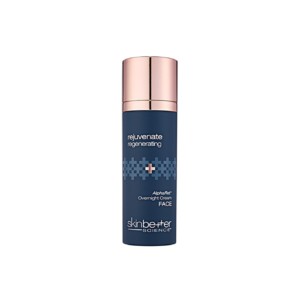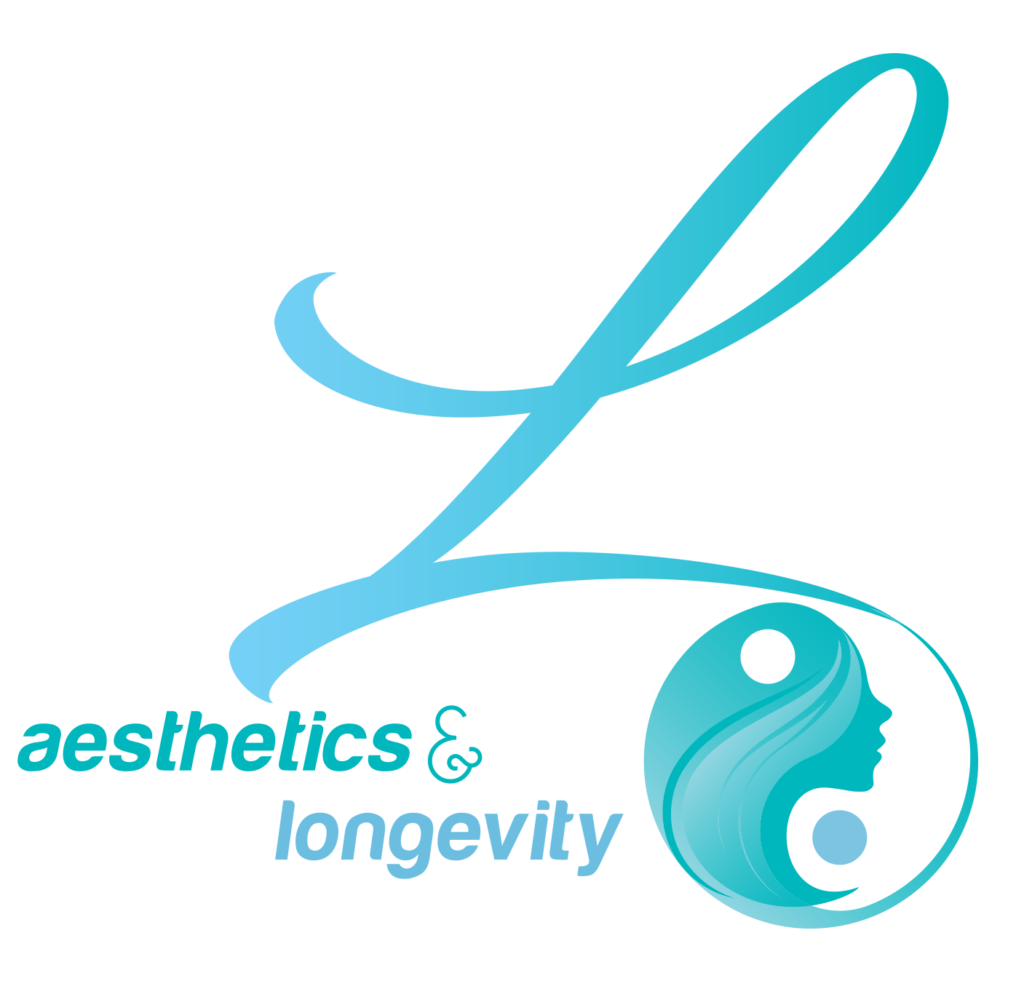Written by: Mary Mireles, L.E “Front Desk Supervisor”
Retinols, Retinoids, Retinoic Acid… Oh my!
If you have ever ventured into the skincare side of the online world I am confident that you have heard some form of the word retinol. I know for myself I found this word to be one of the most confusing terms as I began my esthetics program. Questions I often found myself asking included; “What is it?” “What exactly does it do?” “Is there really any difference between the different forms of this word?” “What about the redness and irritation?” As I have found with anything I do not understand, it is easiest to tackle the  confusion one question at a time.
confusion one question at a time.
What is it?/What does it do?
First off we have to establish what a Retinol is. A retinol (or retinoid) is a Vitamin A derivative and is most popular in the skincare industry for its anti-aging properties. When our skin cells are consistently turning over, it ensures that the dead skin cells are being sloughed off, leaving the healthy new cells at the surface of the skin. When we are babies our skin cells are turning over completely every two weeks. This process slows down to every three to four weeks as teens, and then as adults it continues to slow down until the skin is renewing itself about every 90 days. When these dead skin cells are not being turned over, it can lead to dull, tired looking skin, and can even increase the risk of clogged pores and acne flare ups. While there are many physical exfoliants such as the ZO Exfoliating Polish, a Vitamin A derivative is able to provide chemical exfoliation from deep within the skin. When used consistently, it prompts the turnover of cells, essentially taking our skin back to its younger state of renewal.
What is the Difference between Forms?
Now that we have defined this word as a Vitamin A derivative, we are able to go into a little more depth of the various forms of this ingredient. It is important to note that all are forms of vitamin A, and only differ in the way they are delivered to the skin cells.
Retinol: The natural form of Vitamin A. This form of Vitamin A needs to be converted into retinoic acid before it is able to be properly absorbed by the skin, therefore it takes longer to work in a skincare product. Because of the process it has to go through before reaching ideal form, this is often found in over the counter products.
Retinoic Acid: This is the form of Vitamin A that we want it to be in to maximize the results from a product. When it is in this form it is able to work deep within the skin to promote and support cell turnover.
Retinoid: This is used to name a product that is already in the retinoic acid state. This is the important form to note when choosing a product for your skin care routine. Because it is in the most potent form, retinoids are prescription strength and can only be purchased from a Doctor.

Side Effects:
When I first began to use medical grade skincare, I put off using a retinoid as I knew the potency of the Vitamin A often caused surface irritation such as redness and dryness. I have always had very dry skin, so I was not too fond of the idea of intentionally causing flaking with a product. My perspective changed when I first went through training on the SkinBetter product line. The retinoid that we carry in office is called AlphaRet, and has some pretty amazing technology behind it. They have harnessed the power of Vitamin A, but have done so in such a way that it does not cause the surface irritation a traditional retinoid does. However, you do still receive all the benefits of a retinoid because it is already in that retinoic acid state. The product is just carried deep into the skin so that all the work is done beneath the surface of the skin.
With that being said, it is still a very potent product so you will have to gradually introduce it into your skincare routine. At the beginning, I was applying it once or twice a week, however now my skin is healthy enough to handle it every day. In fact, it has become so essential to my routine that I can tell a difference every time I run out of it. The timeline of how often you incorporate this product into your routine will depend on your specific skin type. With SkinBetter, they have an Intensive AlphaRet which is perfect for those with especially oily skin, or those who have been on a retinoid for a while.
We truly live in a wonderful world where we can age gracefully, and a proper homecare routine is essential to maintaining the investment made with skin care procedures. I encourage you to consider incorporating a retinoid into your regimen, as you will not want to go back!
